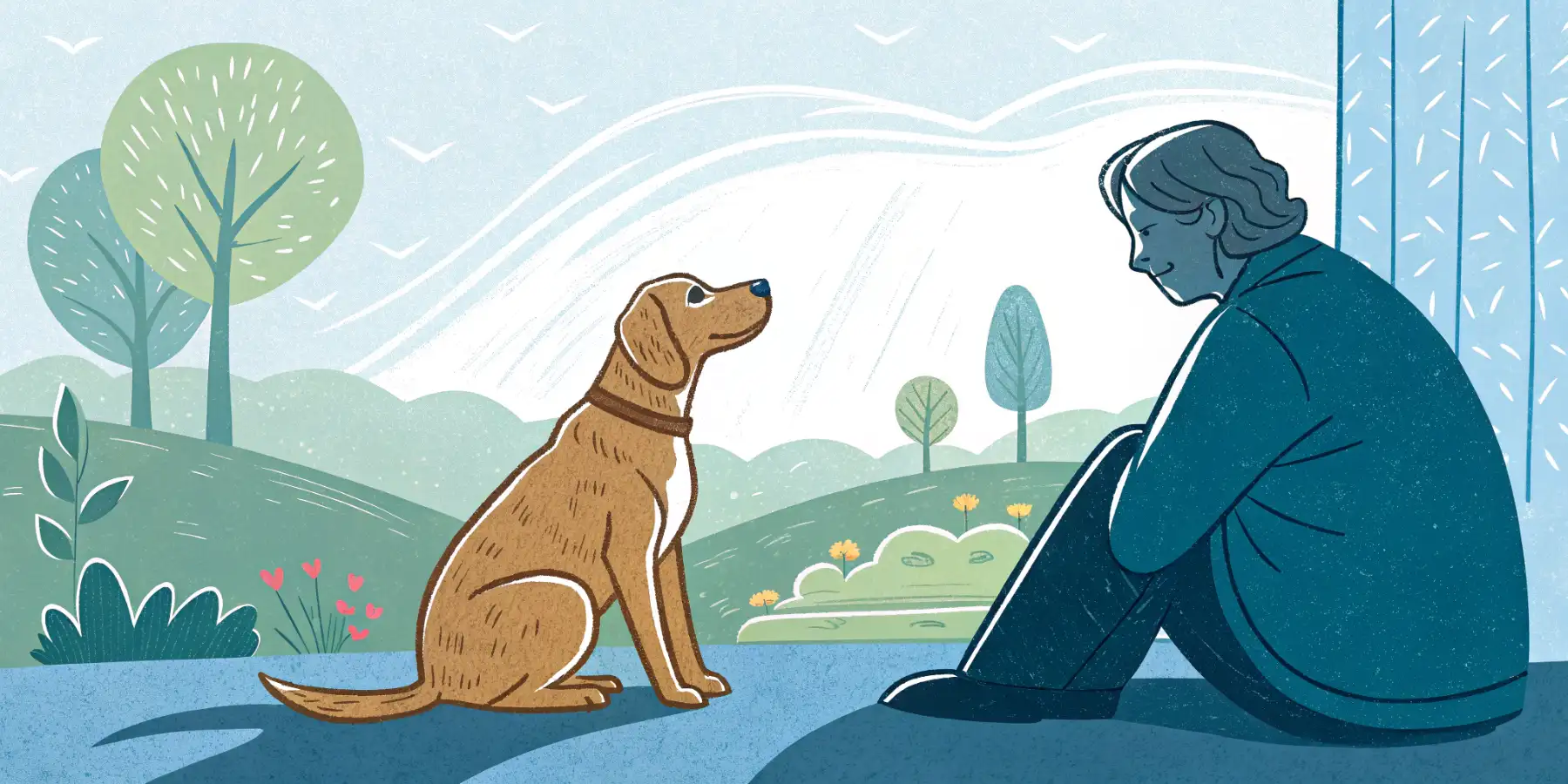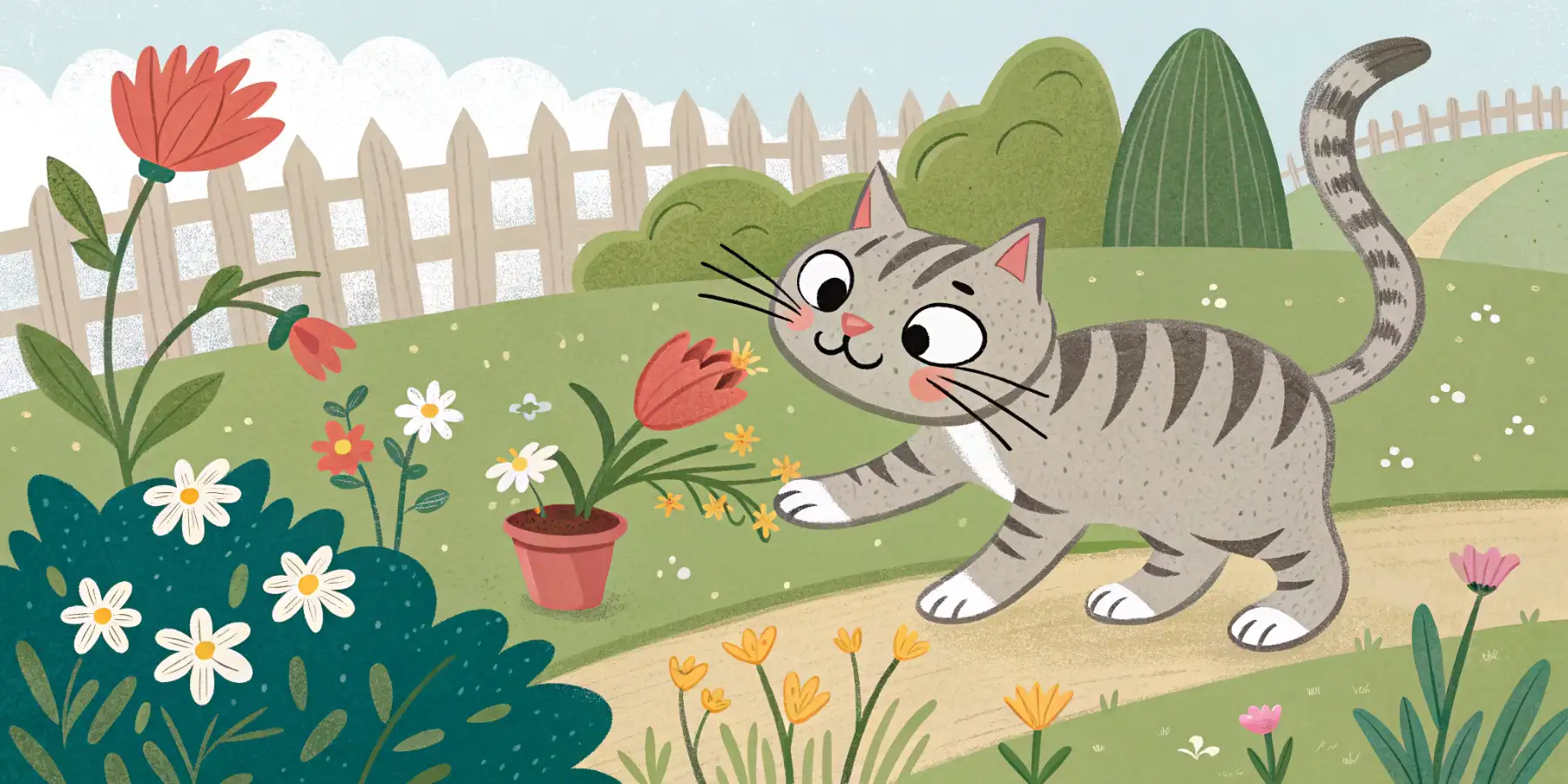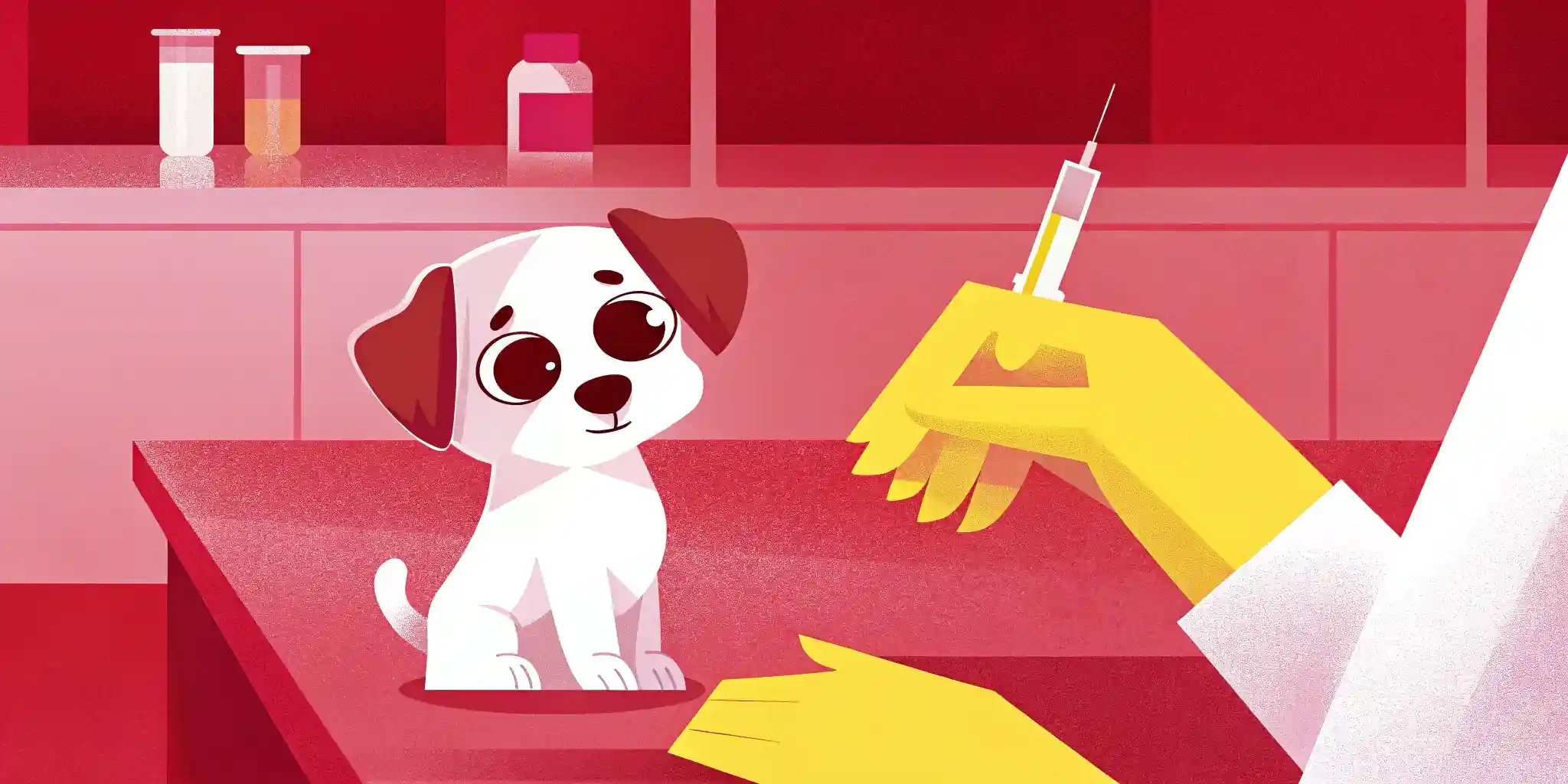
Puppy Shots: Your Vaccination Schedule Guide
Puppy shots are vital! 💉 Our guide simplifies the vaccination schedule, protecting your pup from dangerous diseases. Click to learn more!
The Puppy Vaccination Schedule: Protecting Your Pup from Disease
Bringing a new puppy home is one of life’s greatest joys! Those tiny paws, wet noses, and boundless energy fill our lives with laughter and love. But along with the fun comes a huge responsibility: ensuring your new companion stays healthy and protected. A crucial part of this is understanding and adhering to the puppy vaccination schedule. In this post, we’ll break down everything you need to know to keep your pup safe from preventable diseases.
Why Vaccinations Matter
Vaccinations are the cornerstone of preventative veterinary care. They work by exposing your puppy’s immune system to a weakened or inactive form of a disease-causing agent, such as a virus or bacteria. This exposure stimulates the immune system to produce antibodies that will recognize and fight off the real disease if your pup ever encounters it. Think of it like a training exercise for their immune system!
Without proper vaccinations, puppies are highly susceptible to a range of potentially fatal illnesses. Diseases like parvovirus, distemper, and adenovirus can cause severe symptoms, lasting damage, or even death, especially in young, vulnerable animals. Protecting your puppy through vaccination is not only an act of love, but a crucial step in ensuring a long and healthy life.
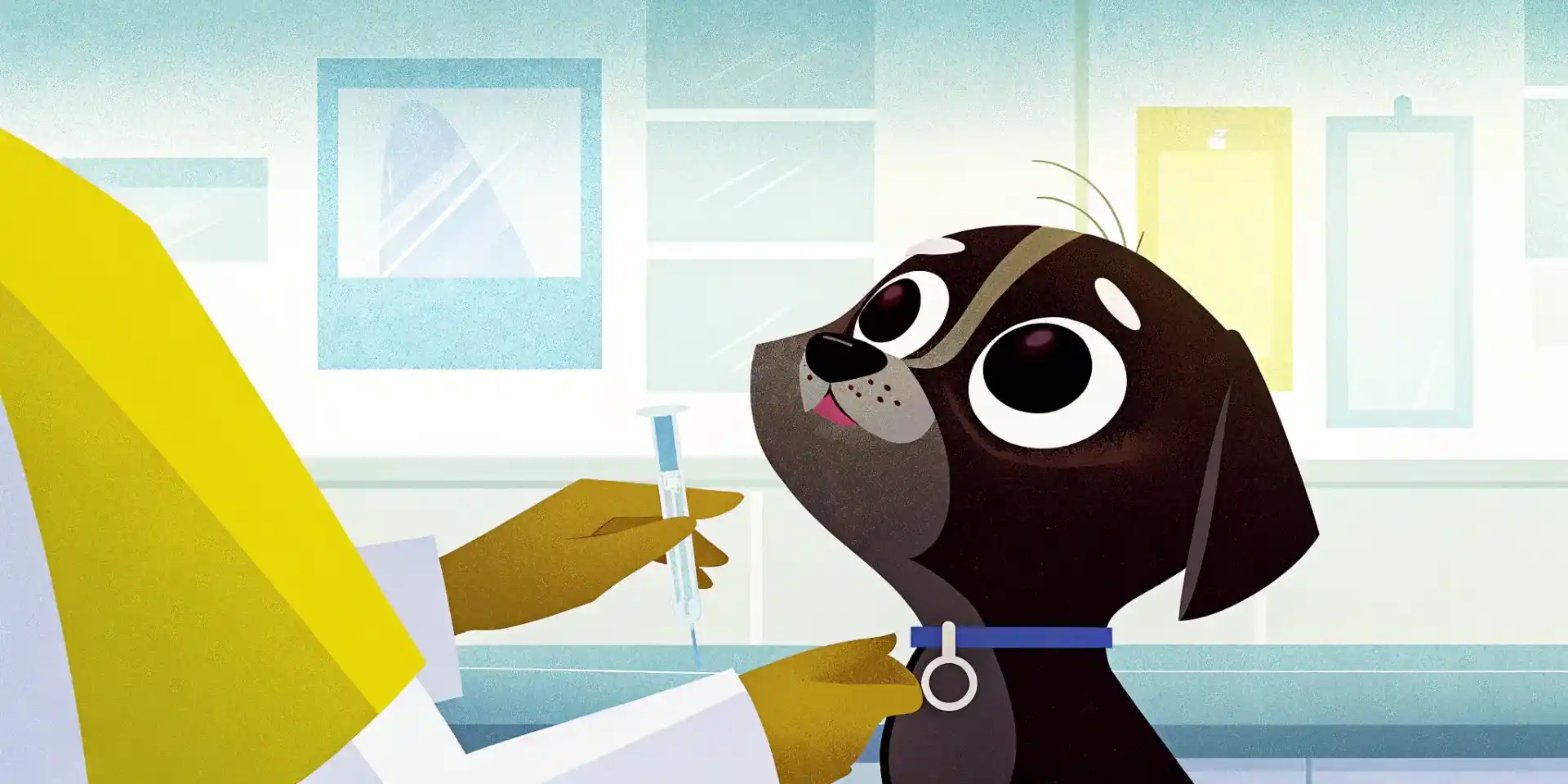 A veterinarian carefully administers a vaccine to a young puppy, ensuring they are protected from common diseases.
A veterinarian carefully administers a vaccine to a young puppy, ensuring they are protected from common diseases.
Understanding the Core Vaccines
The core vaccines are those recommended for all puppies, regardless of their lifestyle or geographic location. These are considered essential for protecting against widespread and serious diseases.
- DHPP (Distemper, Hepatitis, Parvovirus, Parainfluenza): This is typically a combination vaccine that protects against four highly contagious and potentially deadly diseases. Distemper affects the nervous system, respiratory system, and gastrointestinal tract. Hepatitis (Adenovirus) can cause liver damage. Parvovirus attacks the intestines and immune system, and is especially dangerous for puppies. Parainfluenza is a respiratory virus that contributes to “kennel cough.”
- Rabies: Rabies is a fatal viral disease that affects the nervous system and can be transmitted to humans. It is often legally required to be administered at a certain age (typically around 12-16 weeks) and boosted regularly throughout the dog’s life.
The Typical Puppy Vaccination Schedule
This is a general guideline, and your veterinarian may adjust the schedule based on your puppy’s individual needs, breed, and local disease risks. Always follow your vet’s specific recommendations.
- 6-8 Weeks: First DHPP vaccine
- 10-12 Weeks: Second DHPP vaccine
- 14-16 Weeks: Third DHPP vaccine, Rabies vaccine
- Booster: A DHPP booster is typically given one year after the initial series, and then every 1-3 years, depending on the vaccine type and your veterinarian’s recommendation. Rabies booster schedules vary by location and vaccine type, but are often required every 1-3 years.
“Puppy vaccination schedule cost” - Discussing vaccine cost is important to prepare new owners for the financial commitment of owning a pet.
It’s important to note that until your puppy has completed their vaccination series, they are not fully protected. This means limiting their exposure to public places where they could encounter unvaccinated dogs or contaminated environments. Avoid dog parks, pet stores, and areas with high dog traffic until your vet gives the all-clear. Socialization is crucial for puppies, but it’s important to balance it with protecting their health. Consider puppy classes that require proof of vaccination or supervised playdates with known, healthy dogs.
Non-Core Vaccines: Are They Right for Your Pup?
In addition to the core vaccines, there are several non-core vaccines that may be recommended based on your puppy’s lifestyle and risk factors. These are not considered essential for all dogs, but can provide valuable protection in specific situations.
- Bordetella (Kennel Cough): Highly recommended for puppies who will be in close contact with other dogs, such as at boarding facilities, dog parks, or grooming salons. In my experience, kennel cough is incredibly common and easily spread, so even occasional exposure can warrant vaccination.
- Leptospirosis: This bacterial disease is spread through the urine of infected animals (including wildlife) and can cause kidney and liver damage. It’s often recommended for dogs who spend time outdoors, especially in areas with standing water or wildlife.
- Lyme Disease: Transmitted by ticks, Lyme disease can cause joint pain, fever, and other serious health problems. Vaccination is recommended in areas where Lyme disease is prevalent.
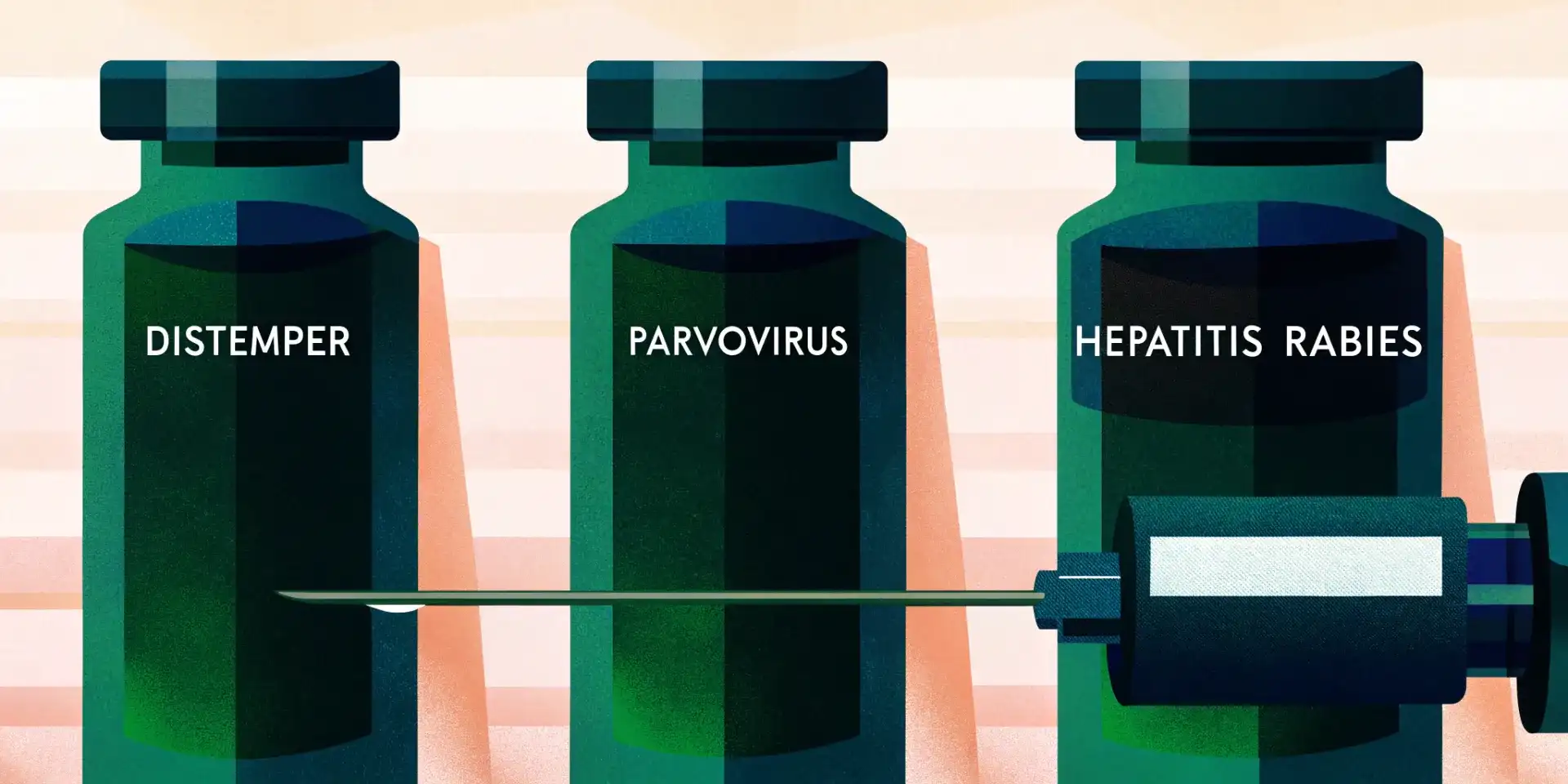 A visual guide showing the different types of vaccines available for puppies and their respective diseases.
A visual guide showing the different types of vaccines available for puppies and their respective diseases.
Possible Side Effects of Vaccinations
While vaccinations are generally safe, some puppies may experience mild side effects. These are usually temporary and resolve on their own within a day or two. Common side effects include:
- Soreness or swelling at the injection site
- Mild fever
- Lethargy
- Decreased appetite
Serious allergic reactions to vaccines are rare but can occur. Signs of a severe reaction include facial swelling, difficulty breathing, vomiting, and collapse. If you notice any of these signs after your puppy receives a vaccination, contact your veterinarian immediately.
Puppy vaccination side effects and what to do - Giving owners a plan to deal with potential side effects can ease their concerns.
A Personal Anecdote
I remember when I brought my own golden retriever puppy, Buddy, home. I was so excited and overwhelmed with new-puppy duties. Honestly, remembering when his next shots were due felt like a second job! I set reminders on my phone and worked closely with my vet to ensure he got every vaccine on time. There was one time that Buddy had a slight fever after his shot, but he perked right up the next day with lots of love and attention. He’s now a healthy, happy senior dog, and I’m so grateful I took the time to prioritize his vaccinations. It’s truly one of the best things you can do to give your puppy a long and healthy life.
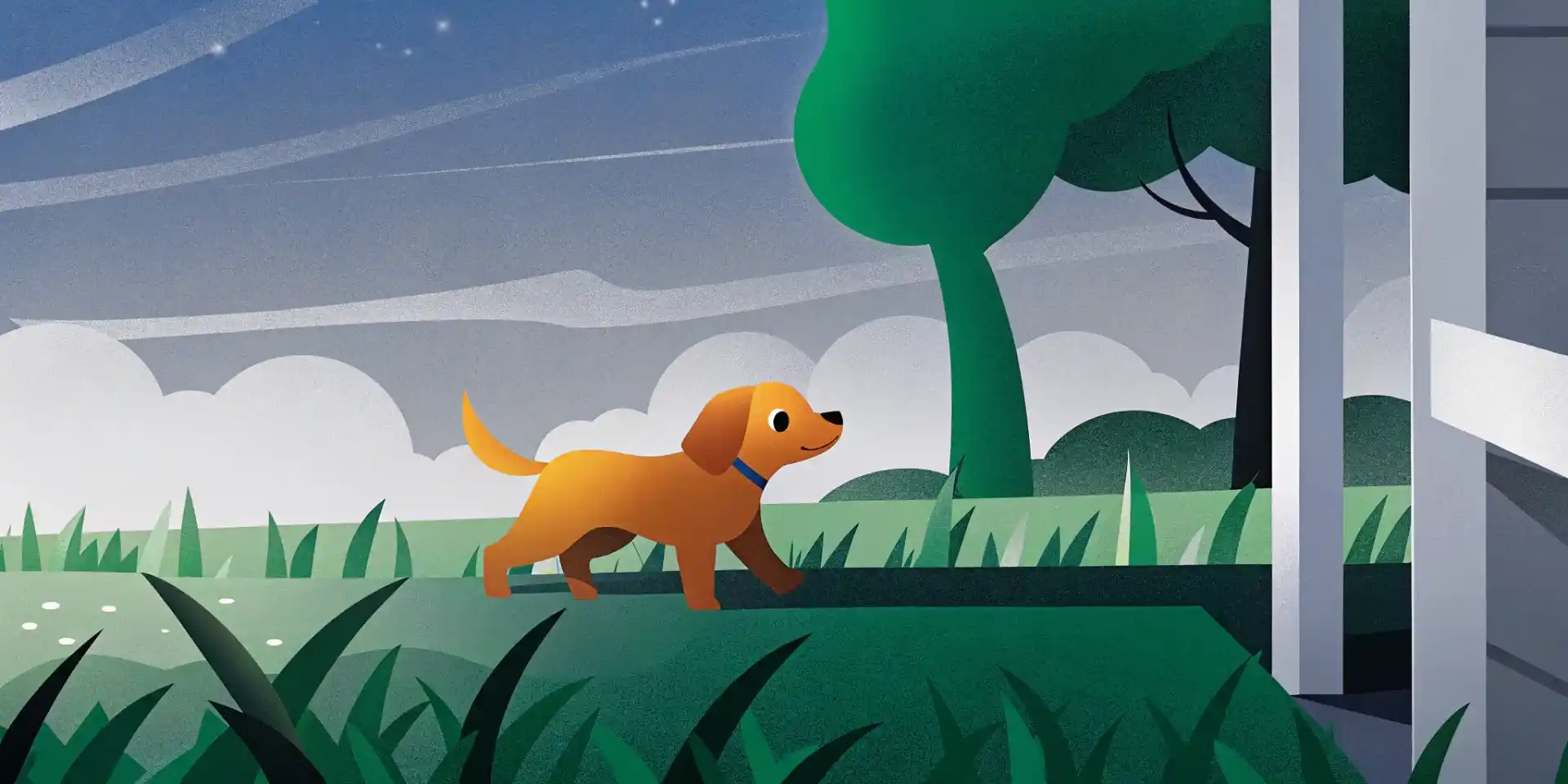 A happy and healthy golden retriever puppy enjoys playing in the yard after receiving his vaccinations.
A happy and healthy golden retriever puppy enjoys playing in the yard after receiving his vaccinations.
Don’t Delay: Schedule Your Puppy’s Vaccinations Today!
The puppy vaccination schedule is a critical aspect of responsible pet ownership. By working closely with your veterinarian and following a recommended schedule, you can protect your puppy from potentially deadly diseases and ensure a long, happy, and healthy life together. Don’t wait – schedule your puppy’s vaccinations today! I believe that proactive preventative care is the best investment you can make in your furry friend’s well-being.

